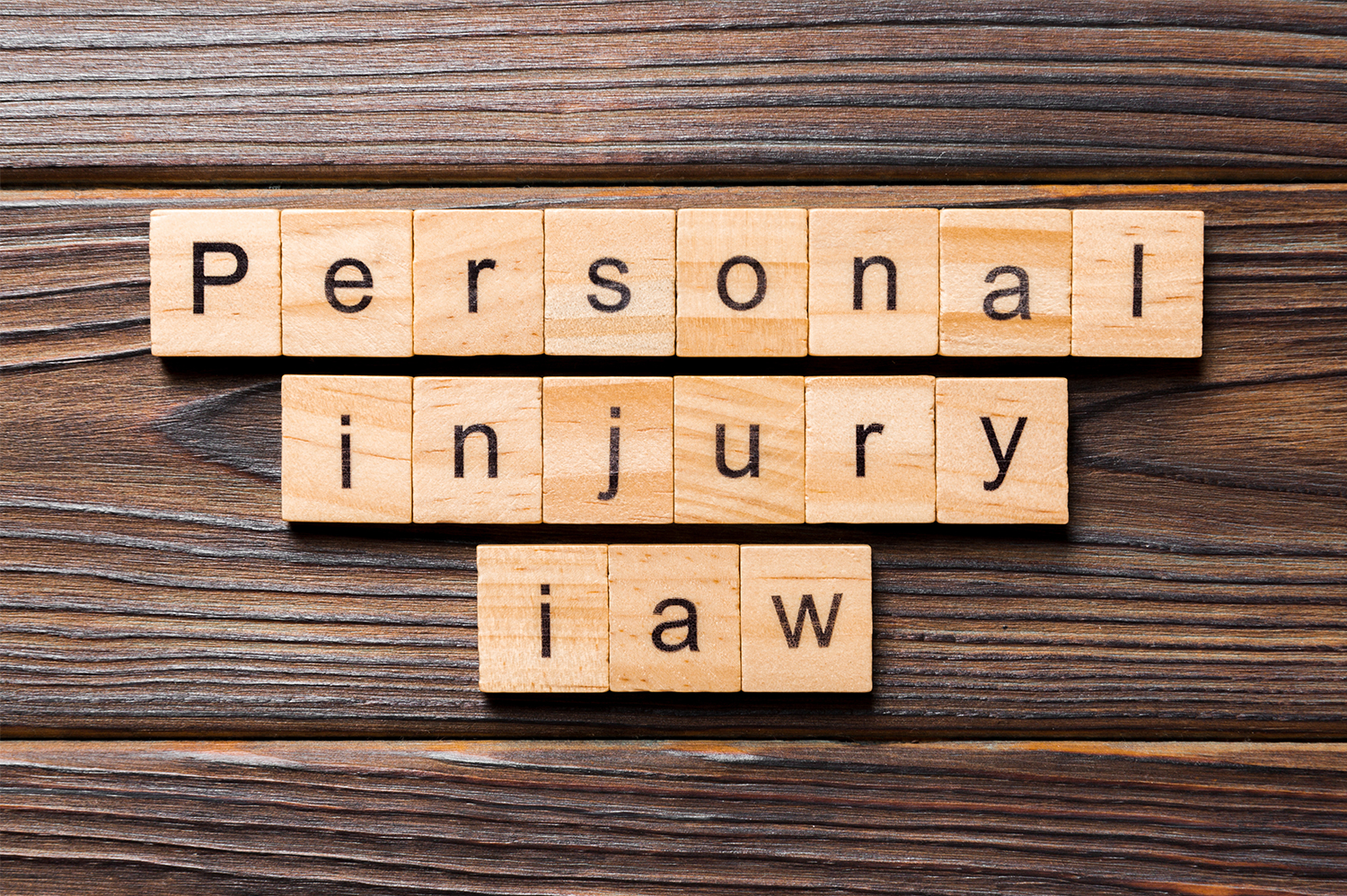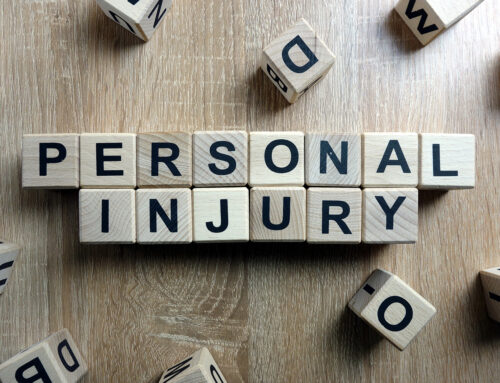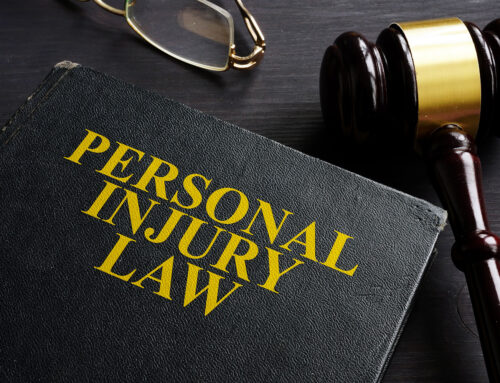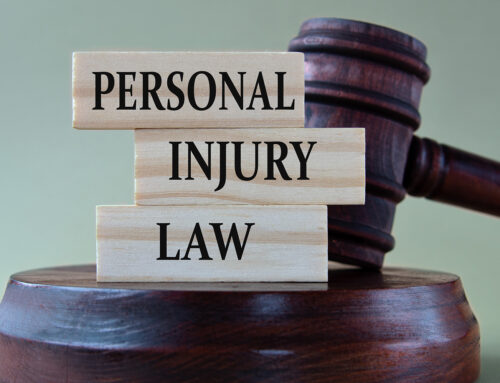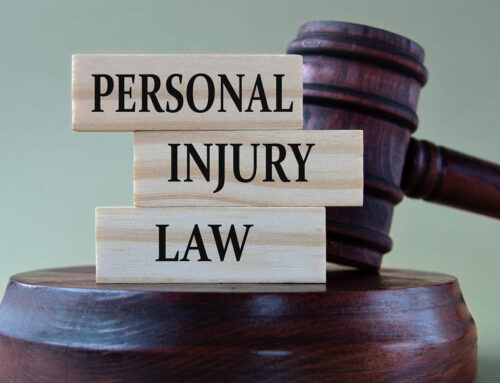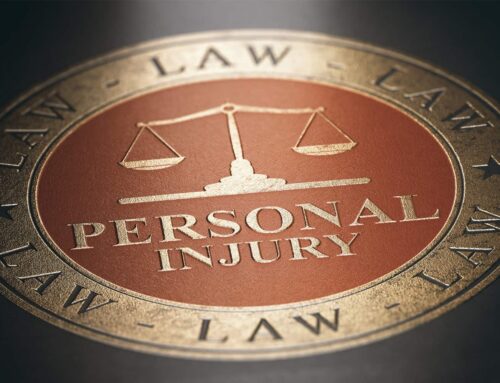No matter how it happens, dealing with the aftermath of a serious injury can leave people wondering what to do next. Taking the right steps and staying focused on physical safety is important during this time. The first few moments after a personal injury are often the most dangerous for a variety of reasons.
Step Out of the Way
In the event of a car accident or another injury that leaves a person in the middle of a busy area, getting out of the flow of traffic can greatly help. After making sure nothing is immediately wrong, take the time to check on anyone else involved in the incident.
Some individuals may need the assistance of the police or an ambulance. Although they could initially refuse, taking the time to contact authorities can stop disagreements and arguments that eventually lead to fights. To prevent confusion over the order of events, including possibly admitting to a crime, individuals should stay quiet about the legal aspects of the incident while on the scene.
Take Photos
As a person surveys the surrounding area, several pieces of information may stand out. These could include skidmarks on the road, scratches or signs of weakness in building materials, or glass from a broken window. Dedicating a few minutes to taking pictures of any items within a few feet of the incident is a way to preserve evidence for later on.
It can also allow a person to remember what exactly happened months afterward. In the flurry of activity after a personal injury, an individual may feel too shocked to articulate all of what they felt and saw. Having photos, either on a camera or phone, gives them a way to accurately document this injury from the start.
Ask for Other People’s Contact Information
If there were any other individuals also involved in the injury, keeping in touch with them is important. Everyone should swap phone numbers and make sure to mention their name. Exchanging insurance information could be a key step in some situations, especially if everyone was part of a car or truck collision.
When an individual goes to talk to another person on the scene of the incident, they should remember to stay calm and collected. Any unnecessary anger or frustration will potentially lead to a tense relationship with someone whom they will need to talk to again later on.
Obtain a Medical Examination
Once the rush of interactions at the area of the injury finishes up, seeking medical assistance is a priority. Some injuries may not seem obvious right away. This includes intense internal bleeding or head trauma, both of which can become deadly if a person does not treat them or get help soon after an incident.
Between the knowledge of the healthcare worker and the details the injured person gives them, this diagnosis can help paint a picture of what the injury was like. An individual having a paper trail of documented injuries could be important later if they decide to pursue legal action.
Talk to Your Insurance Company
When an individual is safely back at home, talking to their insurance company is a must. They should not wait too long, such as weeks, since that can cause more problems later on when it comes to the financial aspect of an injury. Describe the incident using as much detail as possible.
It is important for the person describing what happened to not add any insinuation that they were at fault or caused it in any way. Stick to the basics and leave any emotions or guesses about what the other people involved thought out of the conversation.
Do not talk to a representative of the other party or party’s insurance company without consulting an attorney first. Insurance adjusters will often try to trick injured people while locking them into a story that can be used against them.
Write Down Symptoms
A person should write notes of information about the pains and complications they feel in the time after an injury. Trying to commit it to memory may seem easy at first, but it can lead to a loss of key details and a confusing timeline. They need to take care to write down exactly how each injury progresses whenever they notice a change.
Follow Any Medical Recommendations
In the weeks and months following a personal injury, it is important for individuals to closely follow the doctor’s orders. This is to prevent any more serious health issues and not muddy the waters when it comes to determining if the injuries individuals sustained were from themselves or other people. Some of these recommendations may include abstaining from driving or switching some of their usual tasks at work to better suit their current abilities.
Stay Safe
The time immediately after a personal injury may be full of anxiety-inducing moments and interactions. By stepping back from the swirl of emotions and focusing on concrete steps, individuals can better prepare for what steps come next in a personal injury incident. If you would like to learn more about the legal aspects of personal injury, contact the Law Offices of Brent D. George today for a consultation.

